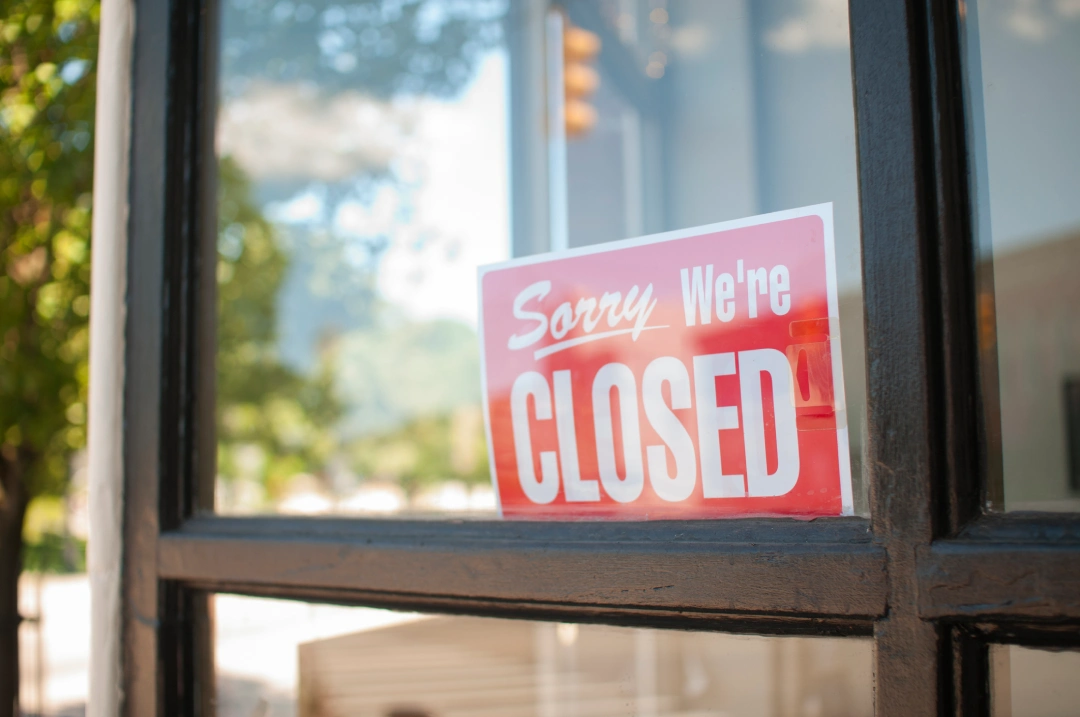
Over 12,500 businesses in England and Wales filed for insolvency between January and July 2022, and experts say the worst is yet to come, with the Federation of Small Businesses (FSB) calling skyrocketing energy bills the “nail in the coffin” for many.

Ofgem announced today that the average annual household energy bill will reach £3,549 from October – an increase of 80% on the current energy price cap, with Money Saving Expert calling the uplift a “catastrophe” that will cost lives this winter.
But the price cap doesn’t apply to businesses, so they are immediately exposed to rising prices, and the FSB says small enterprises are already feeling the devastating effects of increasing energy bills. An average London business with 30MWh of annual consumption, the FSB calculates, will have annual electric bills of over £21,000, and gas bills of over £7,000 – more than four times the cost in February 2021.
Absence of energy price cap has left small businesses 'out in the cold'
“Small businesses are left out in the cold when it comes to energy bills, with the vast majority excluded from the household energy price cap and other protections designed for domestic household consumers,” FSB National Chair Martin McTague said.
“Unlike large corporates, small firms cannot hedge costs and negotiate deals with their large energy suppliers. Many of our members say the eye-watering energy bills could be the final nail in the coffin as they struggle to get through winter.”
These price rises have already been the death of some companies. Between January and July 2022, over 21,500 companies in England and Wales filed for insolvency – 87% higher than the same period in 2021.
Data from the FSB Small Business Index Q2 2022 found that one in seven businesses (14.7%) expect to have to downsize or even close within the next 12 months.
“Imagine a small retailer has to come up with another £22,000 a year to keep the lights on when they are already wrestling with the jobs tax hike, rampant inflation and supply chain disruptions,” said McTague. “And how is a fish and chip shop supposed to cope with a £52,000 increase in utility costs, at the same time as their customers find themselves with less disposable income because of their own rising energy bills?”
FSB calls for help with small business energy bills
The FSB is calling for direct help for small businesses with their energy bills, and for the smallest businesses to be included under the price cap, as they are more similar to domestic customers than large corporations. The organisation is also calling for vouchers to support businesses with decarbonising to reduce energy bills and provide energy security going forwards, as well as lower their climate impact.
“We don’t have the luxury to wait until the winter, and inaction from our new Prime Minister could spell the end for many businesses,”said McTague. “Plans for urgent intervention must be finalised and ready to go on Day 1, for whoever wins the leadership contest on September 5th.
[Read more: How the UK’s cost-of-living crisis is hitting the summer holidays]






